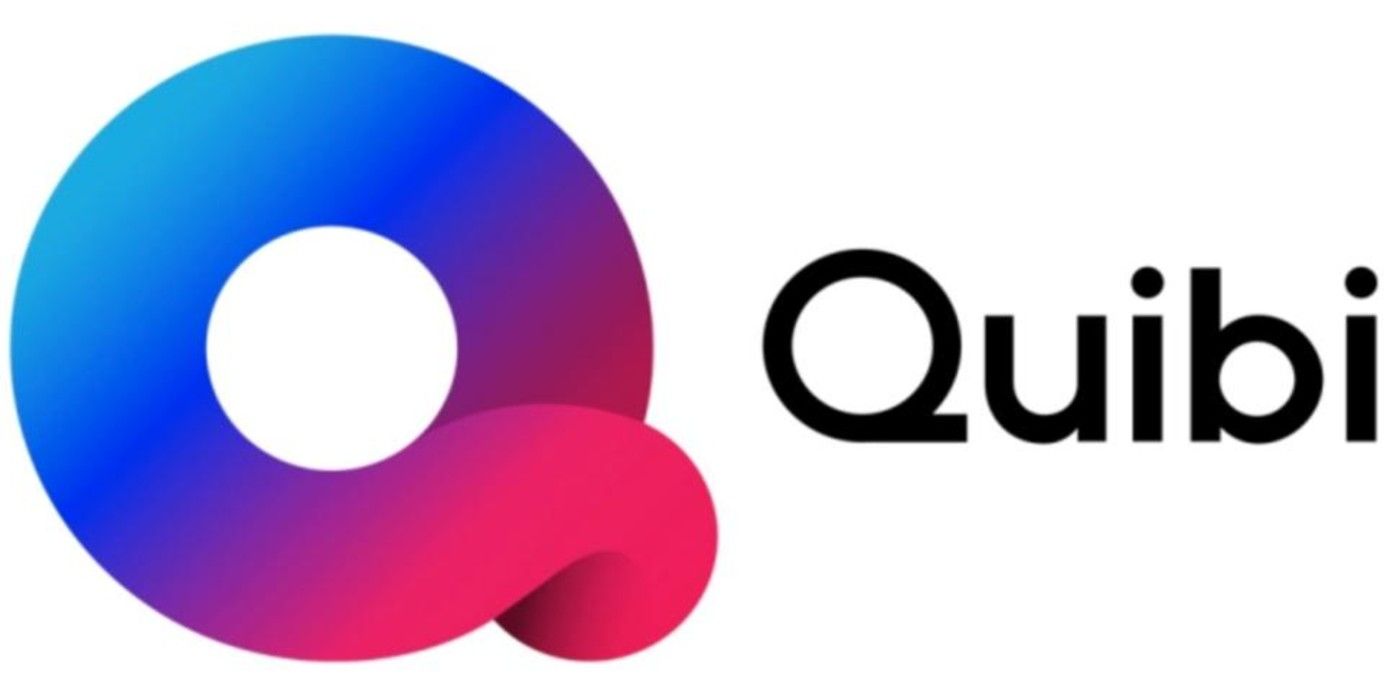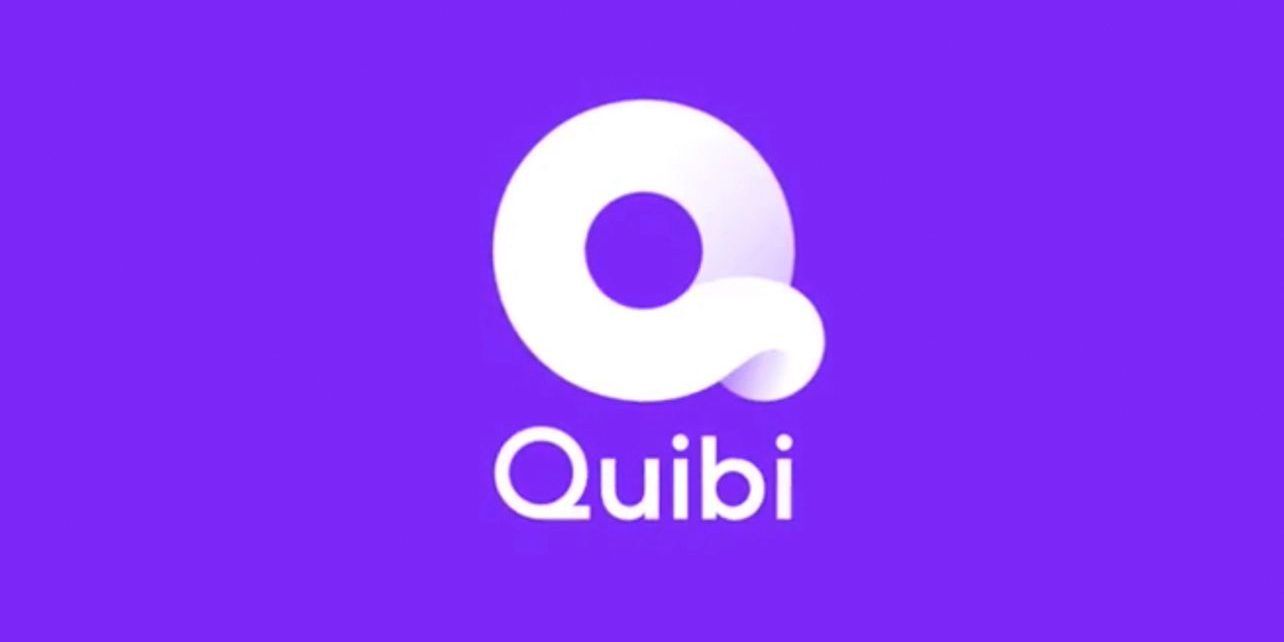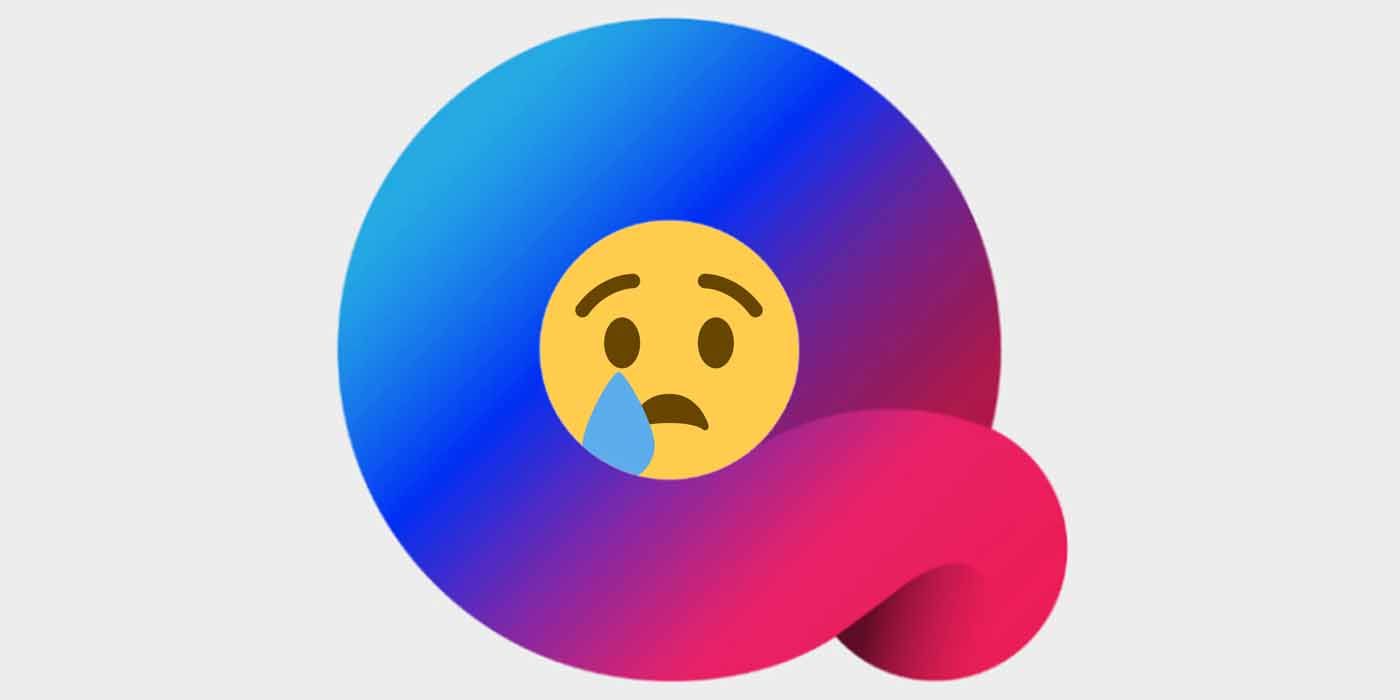Many streaming services have come, gone and tried in vain to compete against the likes of Netflix, Hulu and Amazon Prime Video. None, however, have failed as miserably as the soon-to-be derelict Quibi. Bringing small but bingeable video series to viewers in a mobile format, the service was never able to get much of a foothold in the video content market. Though it initially showed promise when first released, its quick descent into obscurity secured it spot as a doomed product that's soon to end its run. Here's a look back at how the idea for Quibi all began, and how the events of 2020 continually kept the platform from ever achieving a fraction of its desired success.
NewTV
Quibi began when its parent company NewTV was founded by Jeffrey Katzenberg and Meg Whitman back in August 2018 before renaming their planned service to its final moniker two months later. The name is derived from "quick bites," referencing the platform's premise of featuring shorter, bite-sized video content that had more of a young adult target audience. Said content would be funded and produced with the backing of several major Hollywood studios, with the initial $1 million investment coming from the likes of Disney, Warner Bros., NBCUniversal and Sony.
The content on Quibi would be viewable only through mobile devices, as the formatting was made specifically for them. Additional funding came through the BBC in 2019, which was only the beginning of what seemed to be good omens for the app's eventual launch. 2019 also saw Quibi already sell out of its $150 million advertising inventory just as a partnership with T-Mobile was announced. With an April 2020 release date set, as well as two different price tiers revealed, the streaming universe seemed to be smiling on Quibi for the time being.
Mobile-Only Disaster
Quibi officially hit the market on April 6th, 2020, releasing in the U.S., Canada, the U.K., Australia and Germany. With around 300,000 downloads, the app quickly ranked in the Top 3 downloads on the App Store, with similar success on Google Play. The app boasted over 20 original shows at the time of its launch, adding several more, along with live news and other programming, in the ensuing days and weeks. These were definitely not low-budget affairs, with the shows having stars such as Chrissy Teigen, Anna Kendrick and Kevin Hart. This would eventually amount to over 175 different shows, all delivered in easily digestible short videos. Many of the shows would even go on to win numerous Emmys, further cementing the quality of the platform's content. Sadly, this would not be enough to curtail Quibi's numerous problems, many of which became apparent in mere weeks after launch.
Though it started as a potentially killer app, Quibi fell out of even the top 50 most downloaded apps on the App Store in a week, with the month afterward delivering even more miserable logistics. Of the 2 to 3 million people who had downloaded the app, only a little over 1 million were actually active users. Things became even more stark when it was revealed that over 90% of users ditched the app once their free trial period was over. Whitman attempted to downplay the app's diminishing performance, while Katzenberg attempted to blame concurrent COVID-19 pandemic. This theory stemmed from the idea that Quibi's mobile nature would have fared better in a summer where people were traveling long distances and needed to watch shows on their phone. It didn't help that the company was somewhat admitting defeat by allowing the content to be streamed onto TVs as early as May.
The Final Countdown
Quibi attempted to stave off the inevitable by considering allowing its content on Roku and other services, but these were clearly signs of growing desperation. Talks of merging with a larger company to generate cash flow were also a possibility, but it was all too little, too late. The company announced in October that the app was going to soon come to an end, with a tentative death day currently being the first of December. This premature ending comes with much of the announced content for the platform never seeing the light of day.
The reasons for Quibi's failure are many, and the suggested theory that the pandemic slowed any potential growth is a sound one. The truth is that, even in optimal conditions, an essentially mobile only streaming service would never thrive in today's crowded streaming app market. The premise of the content's short span also made it seem too much like videos that could be viewed on the otherwise free YouTube or even TikTok, begging the question of why anyone would pay for it once the free trial ended.
Likewise, marketing for the app (despite or perhaps because of it selling through in 2019) left much to be desired, with any news about Quibi falling on deaf ears among the general public. The confusing and unorthodox name didn't help either. On top of all that, Netflix, Hulu and Amazon quickly released hugely anticipated content during the doldrums of the pandemic, overshadowing what little hype Quibi may have generated. The end result was the the downfall of the streaming platform, and with many of its series' futures uncertain, the proverbial show for Quibi will likely never be getting on the road.




